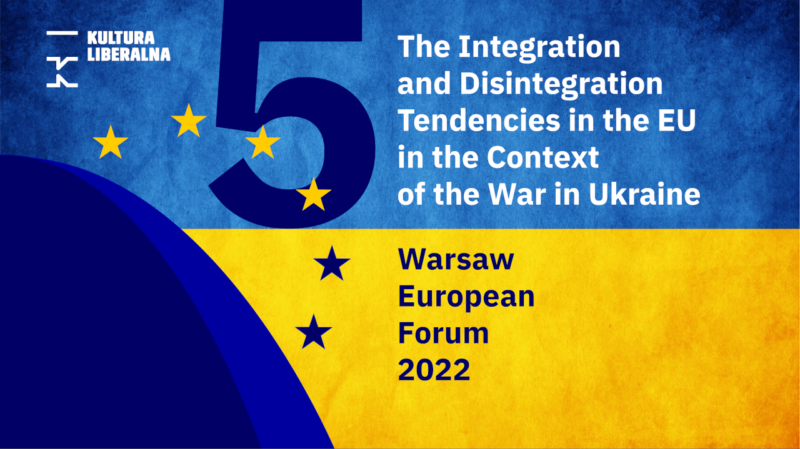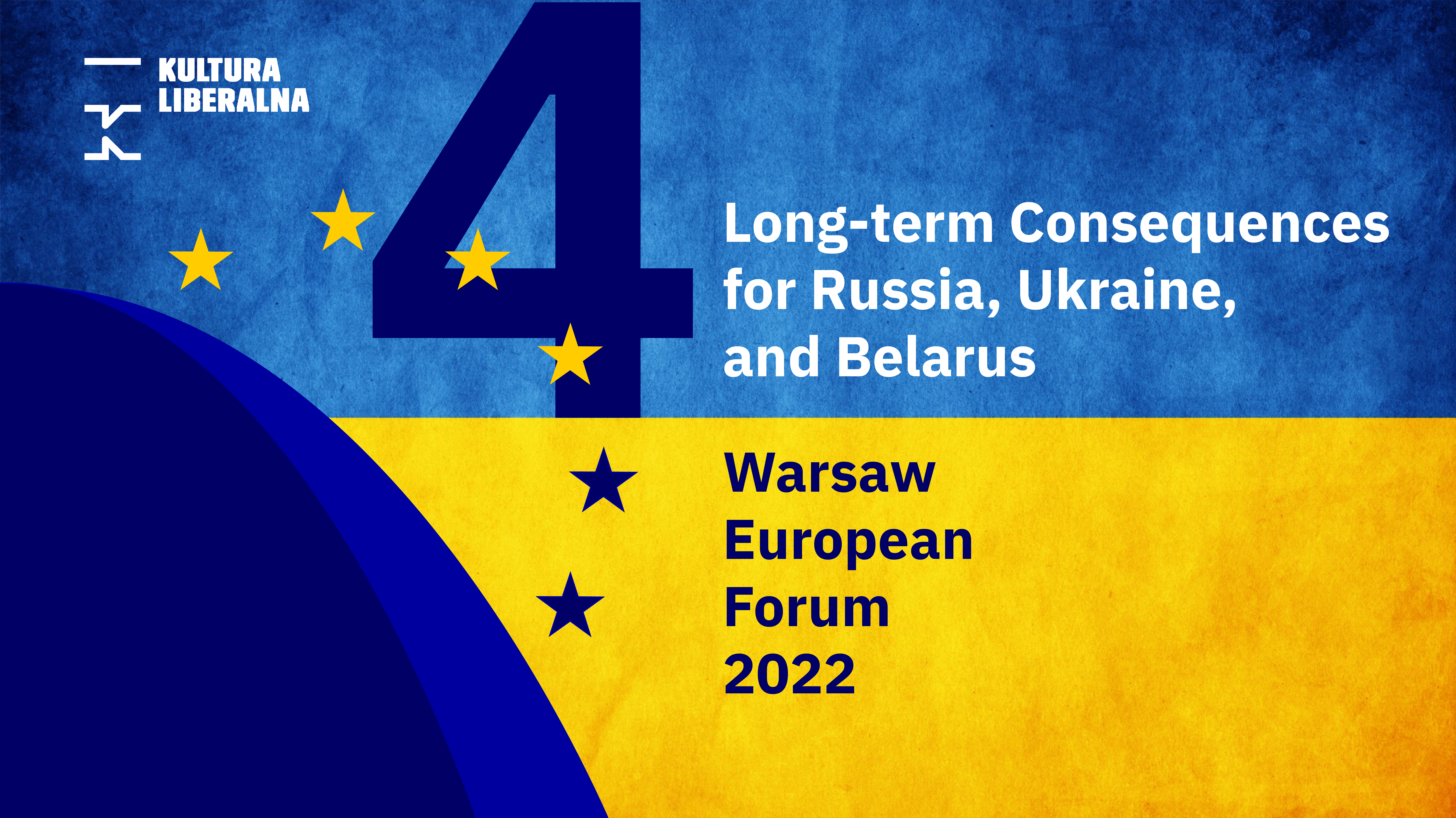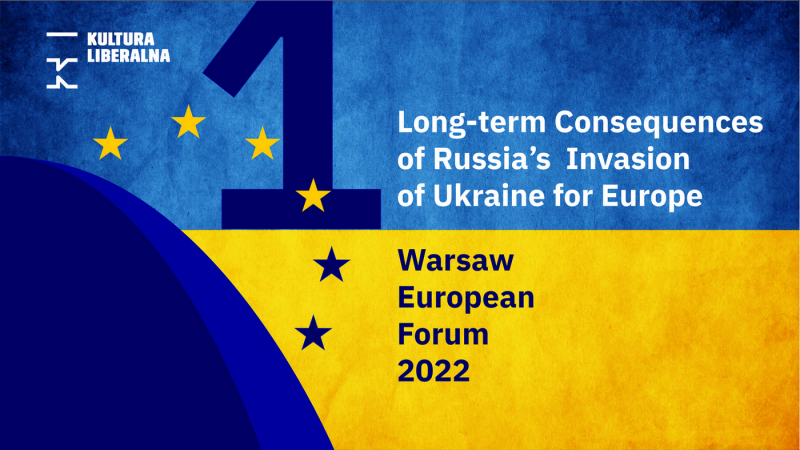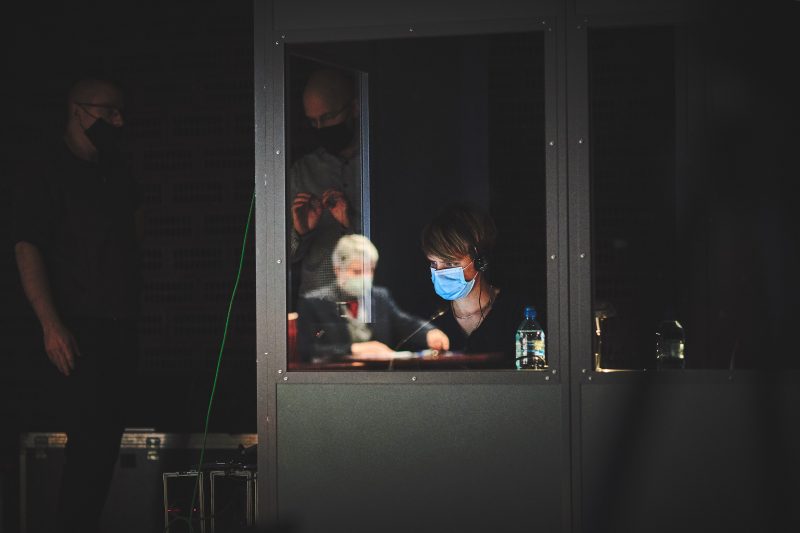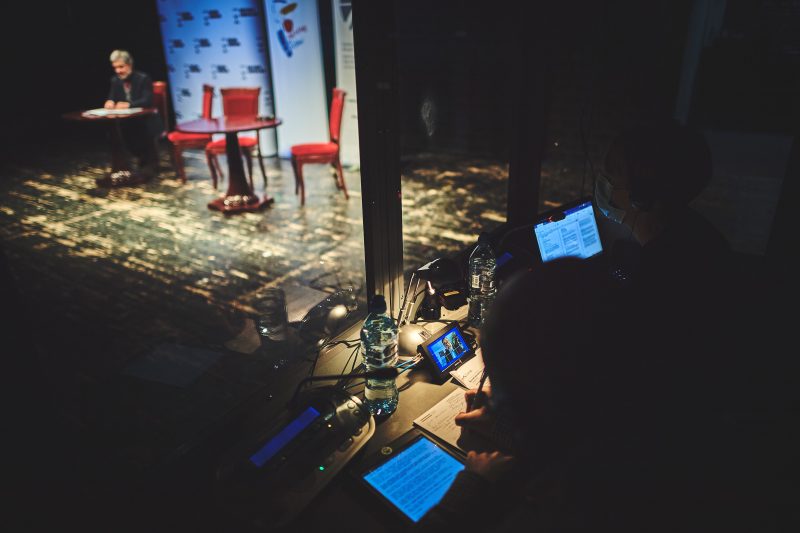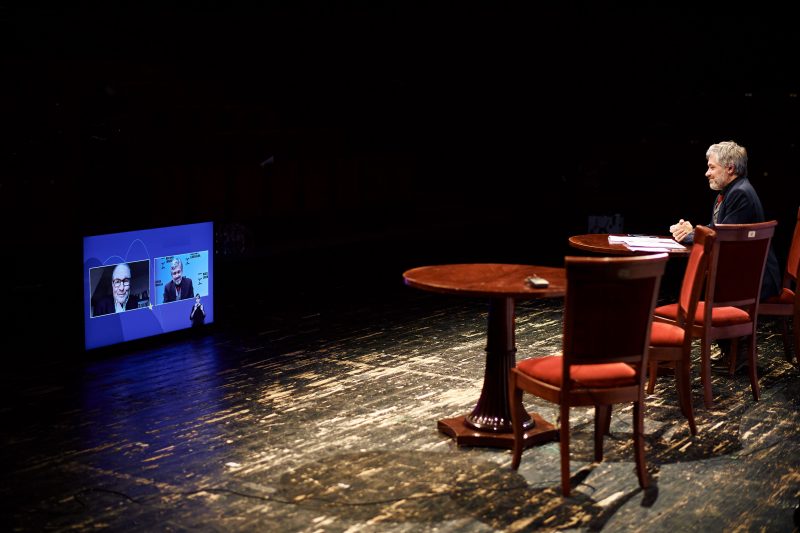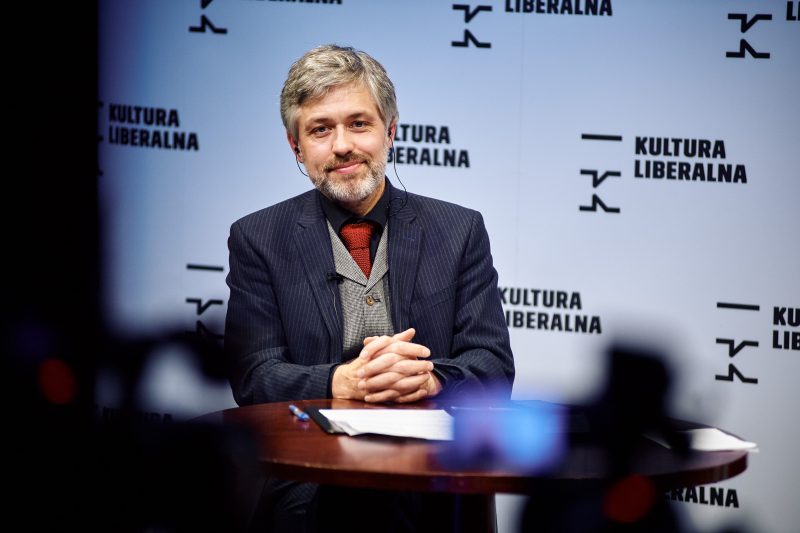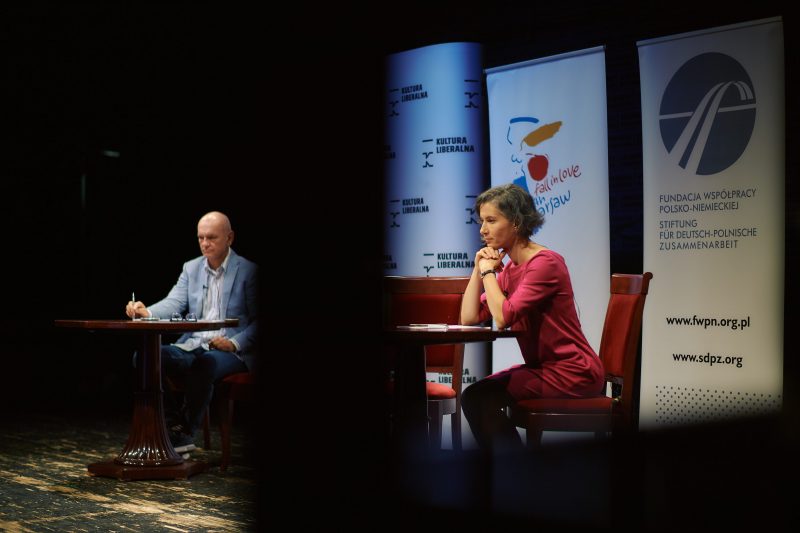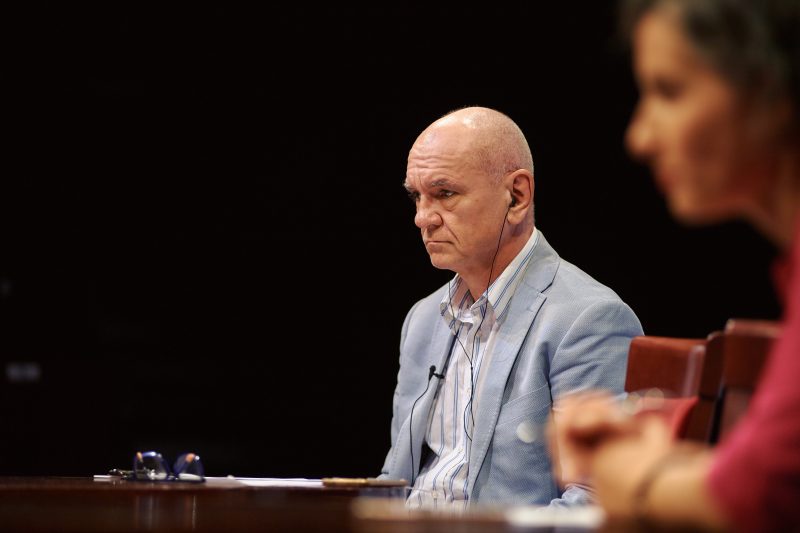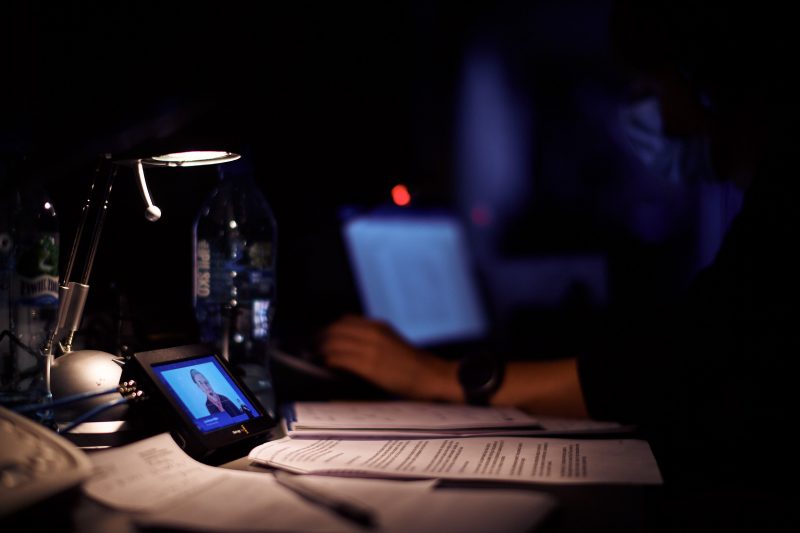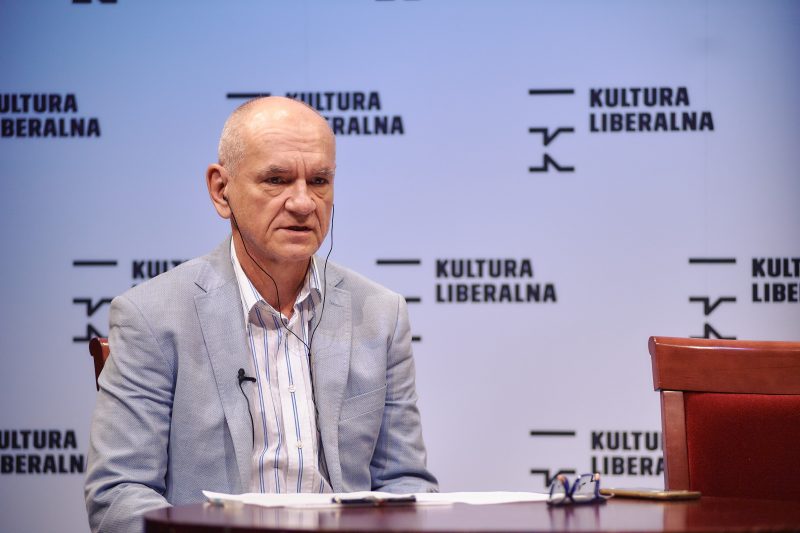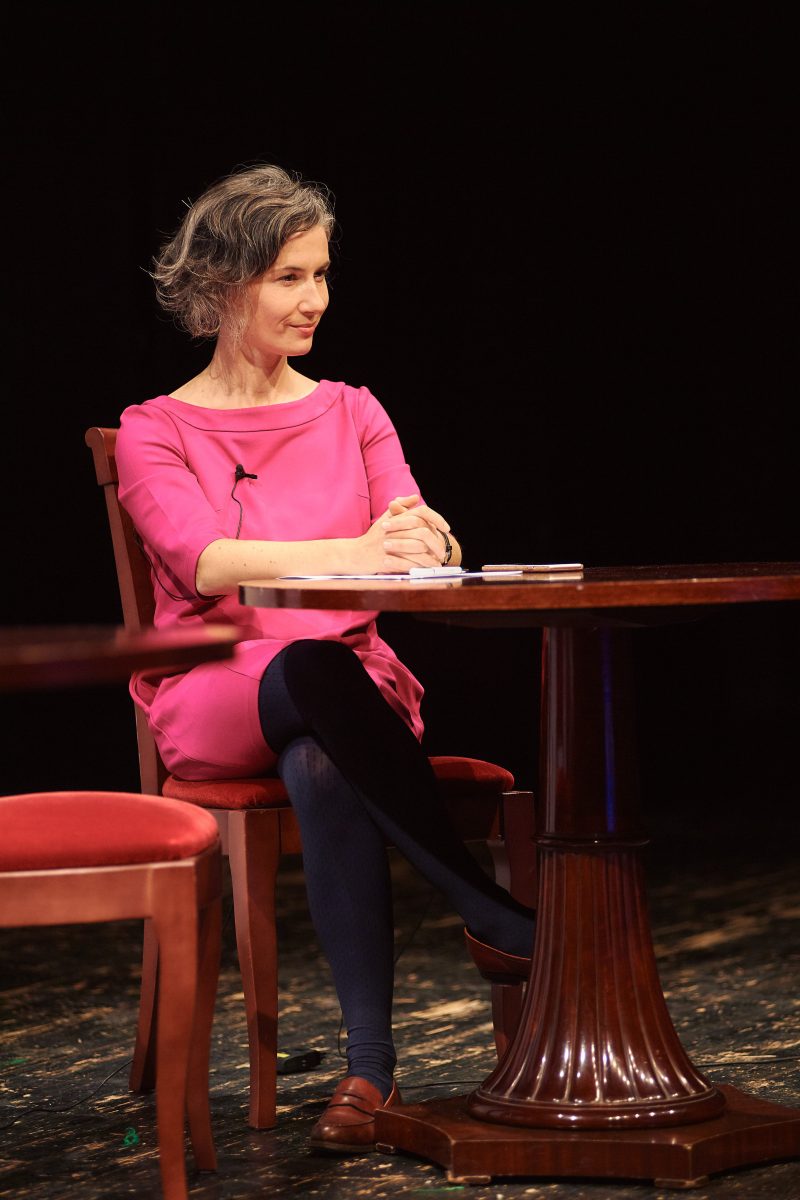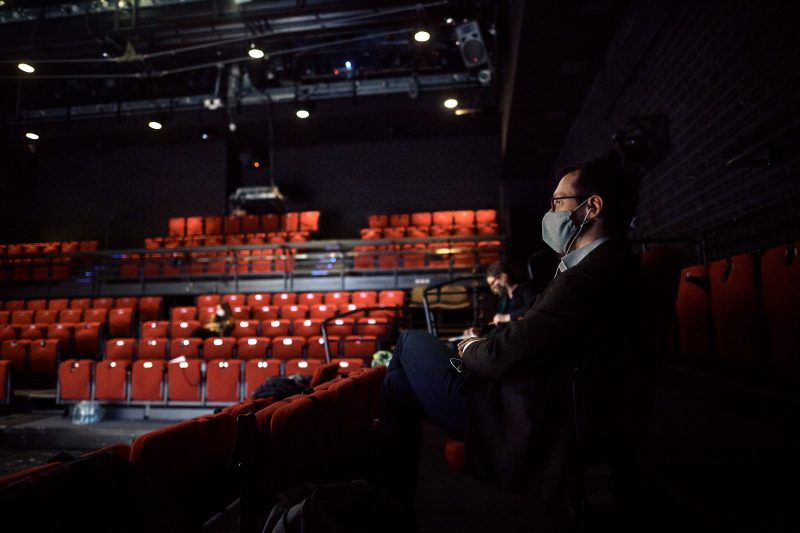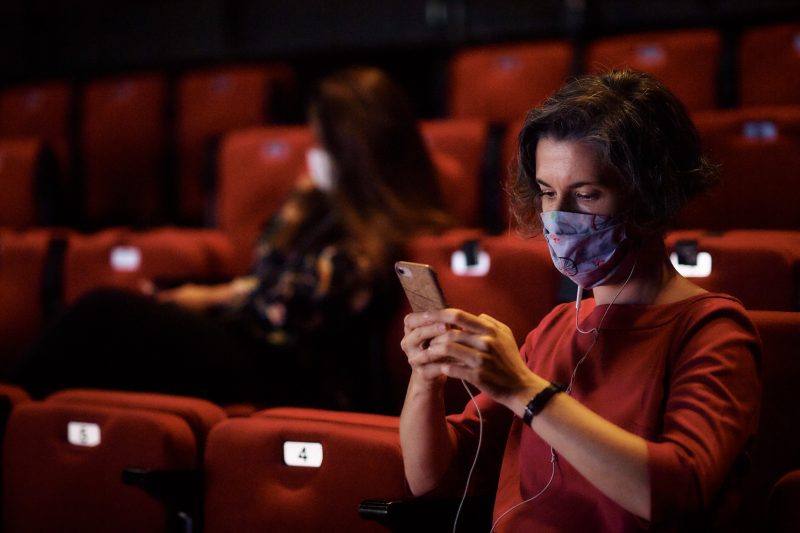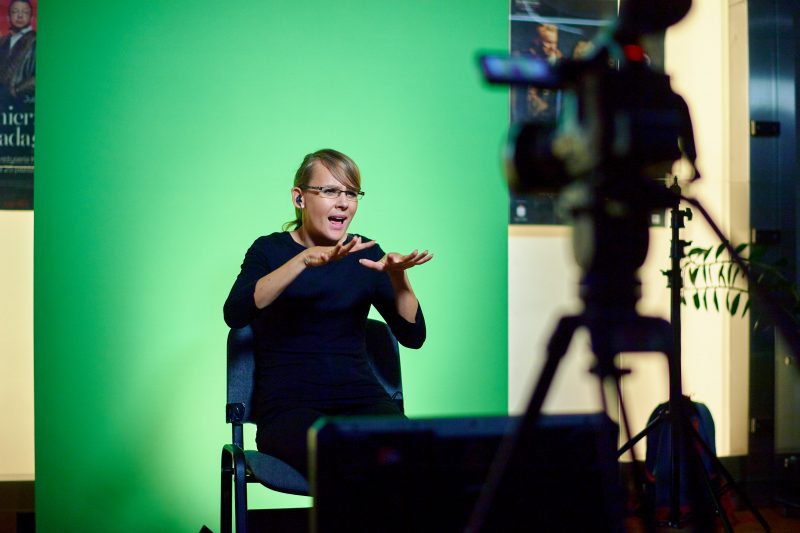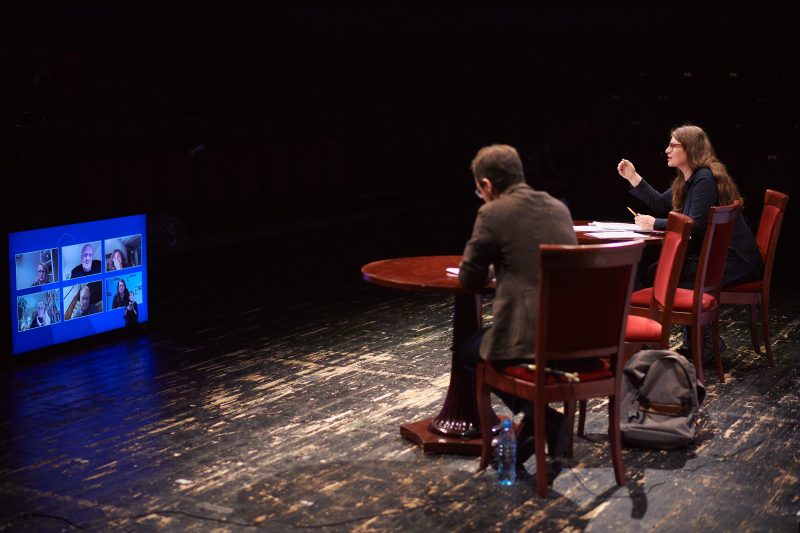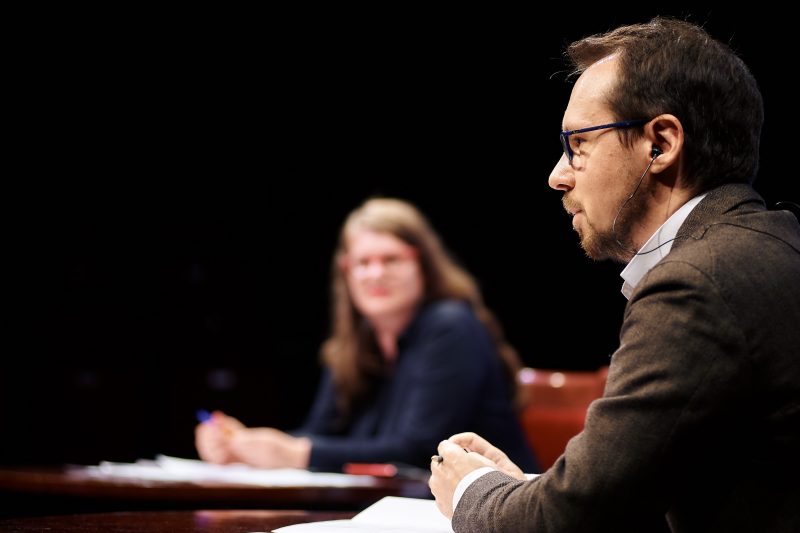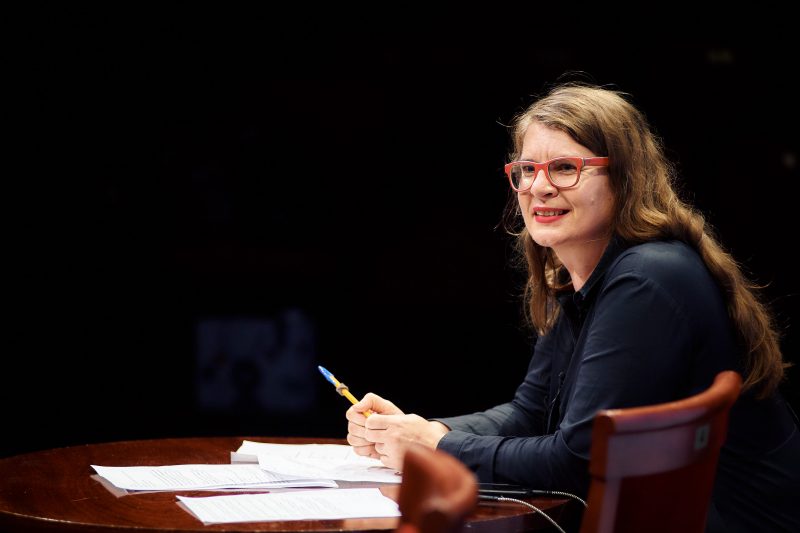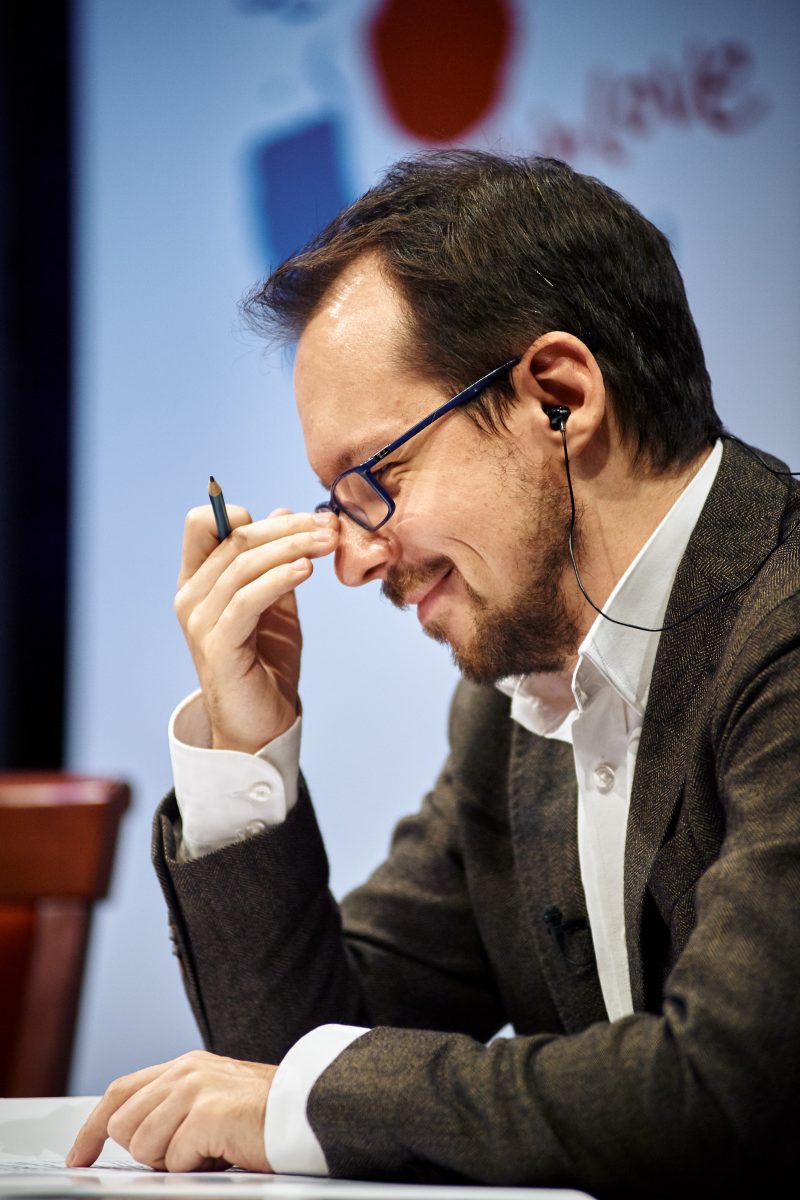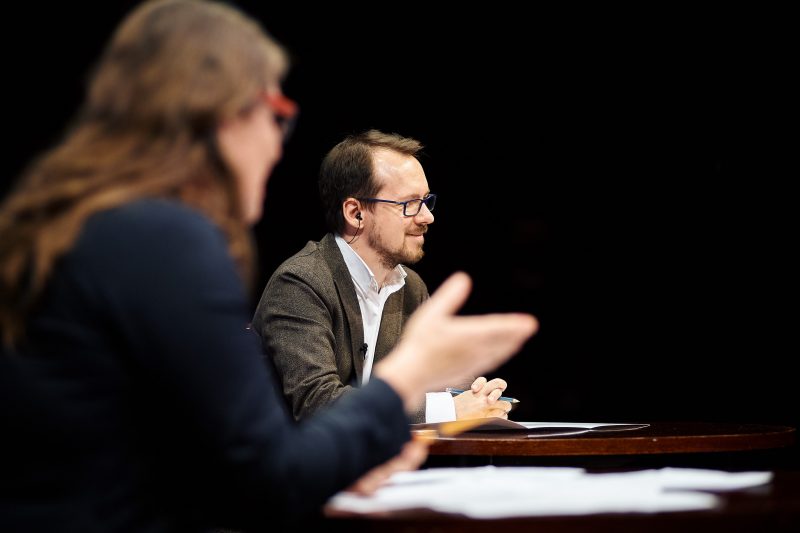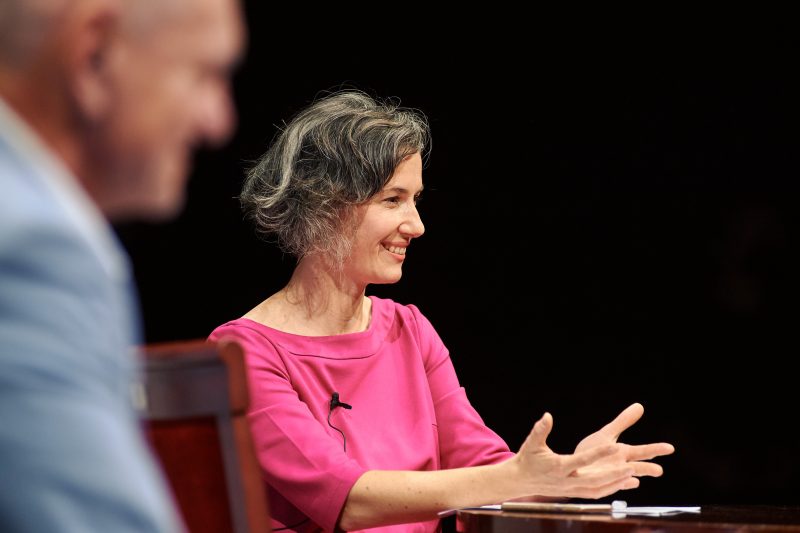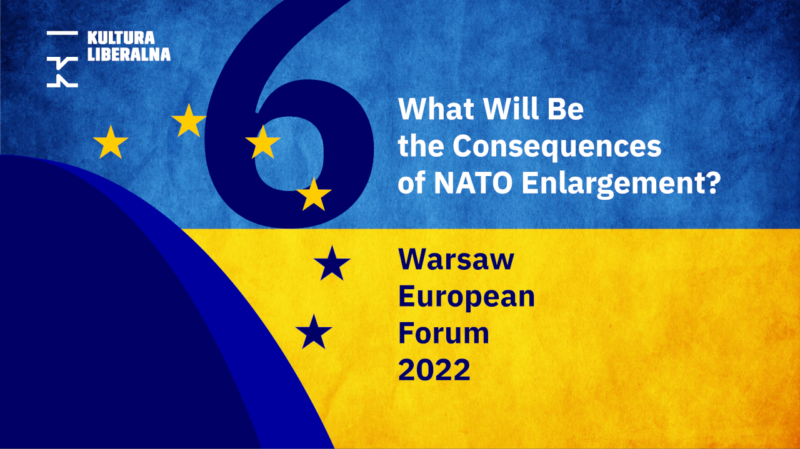
The panel “What will be the consequences of NATO enlargement?” is the sixth online discussion of the Warsaw European Forum, an annual event organized by the Kultura Liberalna Foundation together with the financial support of the Foundation of Polish-German Cooperation, Zeit Ebelin und Gerd Bucerius Foundation and the Fritt Ord Foundation.
The video is available with subtitles in Ukrainian | Відео доступне з українськими субтитрами
Programme & Speakers
10.15 – Welcome & Opening remarks: Karolina Wigura
10.30 – Kick-off statements
- Andreas Umland, Analyst at the SCEEUS and Associate Professor of Political Science at the NaUKMA.
- Leila Alieva, Affiliate of REES at University of Oxford’s School of Global and Area Studies.
- Oleksandr Sushko, Executive Director of the International Renaissance Foundation.
- Maxim Trudolyubov, Senior Advisor at the Kennan Institute and the Editor-at-Large of Meduza.
Chair: Karolina Wigura, Kultura Liberalna Foundation, Richard von Weiszäcker Fellow, Robert Bosch Academy.
11.10 – Discussion
12.00 – Closing remarks

Discussion participants:
Cornelius Ochmann, Foundation for Polish-German Cooperation –
Tomasz Wardyński, Wardyński & Partners –
Anna Hofmann, Zeit-Stiftung –
Rosenka Babinets, Zeit-Stiftung –
Jarosław Kuisz, Kultura Liberalna –
Jakub Bodziony, Kultura Liberalna –
Mykola Riabchuk, Ukrainian PEN Center –
Eugeniusz Smolar, Centre for International Relations –
